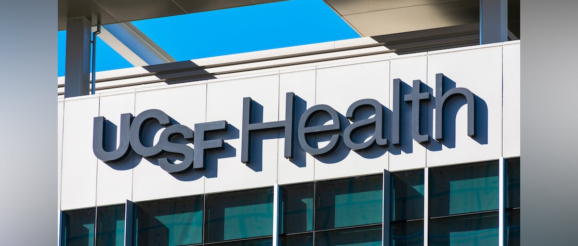UCSF Publishes Blueprint for Equitable Care During Public Health Crises | Healthcare Innovation

UC San Francisco has issued a report on how it has partnered with government and community groups to address racial, economic and cultural barriers during the pandemic. UCSF says it sees the report as a blueprint for providing more equitable medical care in future public health crises.
Starting in March 2020, the report chronicles UCSF’s collaboration with the City and County of San Francisco, state and Bay Area health departments, community groups, and other organizations during the COVID-19 pandemic. Examples include a testing lab set up within eight days, teams focused on testing and treating COVID-19 in the Black and Latinx communities, and the launch of one of the largest testing studies in the nation.
“This report reflects the progress we have made together in addressing the COVID-19 health disparities and inequities vulnerable populations experience,” said UCSF Chancellor Sam Hawgood, M.B.B.S., in a statement. “As we build on this important work, we must bridge the remaining gaps so we can sustain and expand a health-equity approach to improve public health for all.”
One key takeaway of the report is that building on existing partnerships and establishing new ones with respected local organizations was essential to gaining the trust people needed to follow public health guidance, such as wearing masks, being tested and getting vaccinated.
Community organizations with deep roots in neighborhoods were able to reach constituents in ways UCSF, as an institution, could not. While UCSF delivered scientific expertise, services and supplies, local organizations played a vital role in directing those resources to have the greatest impact.
“The secret sauce was putting the community-based organizations in charge,” said Margot Kushel, M.D., director of the Benioff Homelessness and Housing Initiative, in a statement. Her organization’s program to serve unhoused persons became a national model.
The UCSF Foundation Board of Directors established a COVID-19 Response Fund, which enhanced UCSF’s ability to launch new initiatives to help those most vulnerable to COVID-19. More than $23 million was raised for that fund alone, among other COVID-related funds.
UCSF said lessons learned during the pandemic about public education, outreach, data collection and care delivery, as well as collaboration with partners in the community, will inform efforts to address health disparities into the future.
